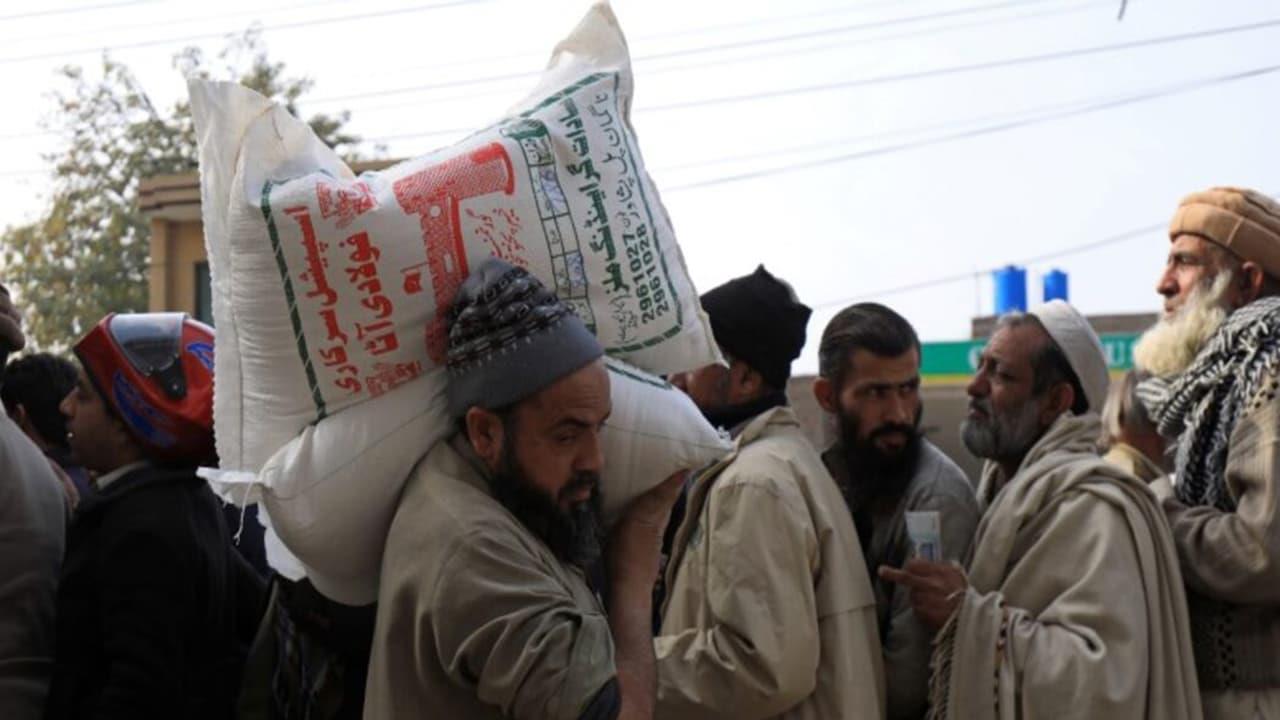Record Flour Prices Expose Pakistan's Governance Failures In Balochistan
Balochistan is facing an unprecedented food crisis, with flour prices skyrocketing to Pakistani Rupees 2,300 for a 20-kilogram bag, placing a basic household staple out of reach for thousands of families already battered by historic inflation, the worsening situation has highlighted glaring gaps in food governance and supply chain management in the province, as reported by The Express Tribune. According to The Express Tribune, the crisis stems largely from the provincial food department's mismanagement. Instead of procuring wheat in March and April when grain is cheaper and abundant, the department prioritised clearing nearly 800,000 bags of old stock. Officials defended the move, claiming it was aimed at preventing wastage, but the decision led to catastrophic consequences. The old grain was sold at what critics call "throwaway prices," resulting in losses exceeding Pakistani Rupees 6 billion, while leaving the province with no reserves as market prices began to soar. Over the past three weeks, flour rates have surged steadily, triggering panic buying, hoarding, and severe strain on households. A shopkeeper from Quetta stated that in three decades of business, he had "never seen flour prices cross Pakistani Rupee 2,000 per bag," adding that families are now being forced to cut down on meals.
The crisis has also taken on a darker dimension with revelations of a major wheat scandal. The Balochistan Anti-Corruption Department has launched investigations suggesting billions of rupees were misappropriated through corrupt handling of wheat procurement and sales. Several officials are reportedly under custody, though details remain closely guarded; the scandal exposes deep-rooted corruption, political interference, and years of neglect in the province's food system, as highlighted by The Express Tribune.
Observers warn that the sharp increase in flour costs could spark unrest, as bread is a dietary staple across the region. The crisis in Balochistan mirrors Pakistan's broader food security challenges, ranging from inflation and climate disruptions in agriculture to weak governance in vulnerable provinces, as reported by The Express Tribune.
(Except for the headline, this story has not been edited by Asianet Newsable English staff and is published from a syndicated feed.)
Legal Disclaimer:
MENAFN provides the
information “as is” without warranty of any kind. We do not accept
any responsibility or liability for the accuracy, content, images,
videos, licenses, completeness, legality, or reliability of the information
contained in this article. If you have any complaints or copyright
issues related to this article, kindly contact the provider above.
Most popular stories
Market Research

- Alt.Town Introduces $TOWN Token Utility Across Platform Services And Launches Valuefi Deposit Event
- BTCC Exchange Maintains 143% Total Reserve Ratio In September 2025 Demonstrating Continued Financial Strength
- Salvium Solves The Privacy Paradox: Salvium One Delivers Mica-Compliant Privacy That Exchanges Can List
- Zebu Live 2025 Welcomes Coinbase, Solana, And Other Leaders Together For UK's Biggest Web3 Summit
- Tapbit At TOKEN2049: Reshaping The Crypto Landscape Through Product Innovation
- Thrivestate Launches“Fly Before You Buy” Program, Enabling International Buyers To Explore Dubai Before Committing






















Comments
No comment